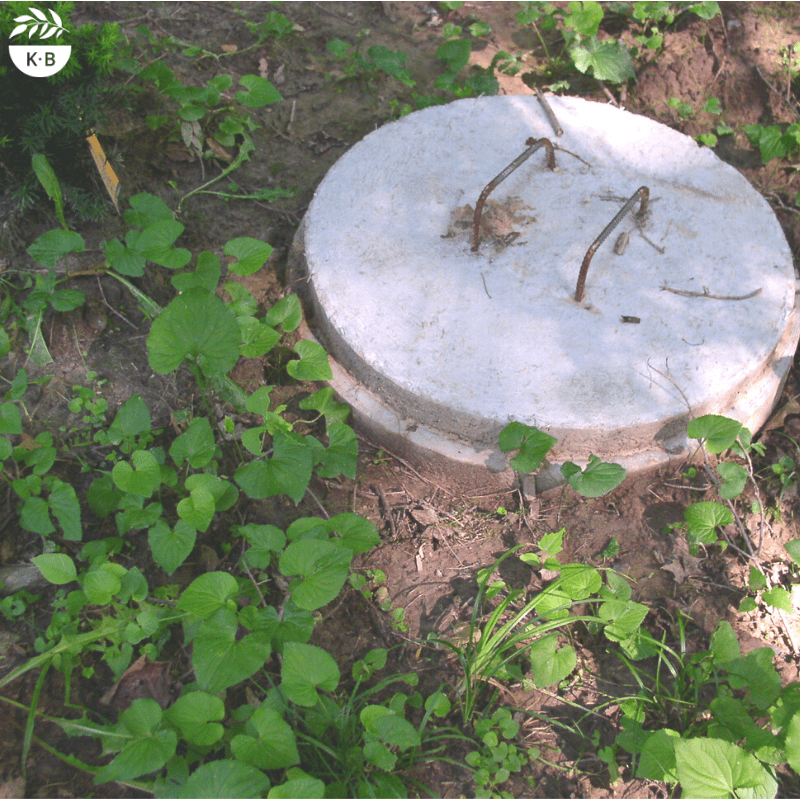 I’ve been getting quite a few emails recently regarding septic systems, and whether natural DIY ingredients, like citric acid and bicarb, can be flushed into them.
I’ve been getting quite a few emails recently regarding septic systems, and whether natural DIY ingredients, like citric acid and bicarb, can be flushed into them.
As I don’t have one myself, I’m pretty green in that area so I had to do my research. I decided to have a chat with a local septic system installer who was so helpful and more than happy to share his knowledge with me. If you’re reading this and know something I don’t know, please leave a comment or email me and I’ll be more than happy to explore further.
What Is A Septic System?
Basically, it’s a personal waste treatment system. It consists of a tank under the ground that collects your household waste. It is typically used by people on properties that aren’t connected to ‘town’ waste treatment systems. A healthy septic system relies on bacteria to feed on, and decompose waste matter. If you’re after more info on septic tanks, check out this link from Australian Govt. Dept. of Health.
In order to maintain a healthy septic system, basically, all that should be flushed into them is human waste and toilet paper. That’s it. But let’s be real, who does that? At the bare minimum, I’m sure dishwashing liquid, washing powder and shampoo would be making its way into most domestic septic systems.
What Is Septic Safe?
You can buy products that are ‘septic safe’ but are they ‘human safe’? I wish more people asked that question… Many ingredients in the ones I’ve seen raise my eyebrows, that’s for sure. If leading a natural life and removing toxins is a priority for you, you’re probably using recipes like my natural Washing Powder and Liquid, Dishwashing Tablets, and Toilet and Shower Cleaner, sending ingredients like citric acid, bicarb, washing soda, vinegar, borax and castile soap down the drain and into your septic system. Is that allowed?
Well, according to Septics and Soakwells WA, yes, it’s ok. Natural, biodegradable ingredients are best because they won’t destroy the bacteria in your soakwell, but that doesn’t mean you should go and pour a bucket of vinegar down the toilet. Normal (light/average usage) amounts should be fine; it’s all about balance.
Call And Ask
If you’re still worried, call your installer and ask a few questions. It’s worth it! Have them test your system to assess its health (preferably before and after you make the switch to natural products – that’s the best way to find out for sure). I once had a lovely member of our gorgeous Facebook community tell me that her septic servicemen congratulated her on the health of her system – and guess what? She only ever uses my recipes. Yahoo!
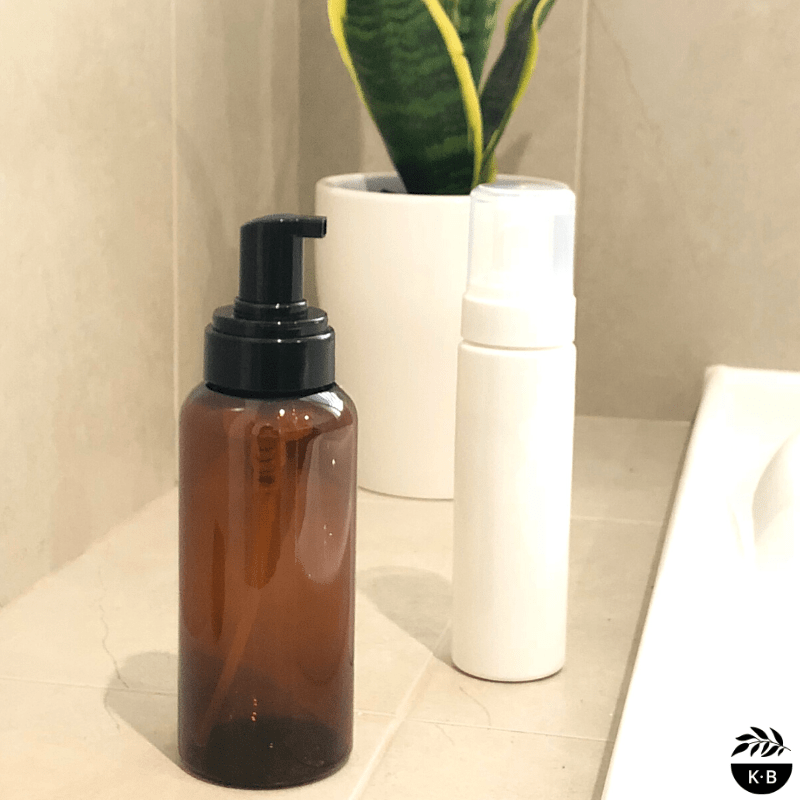
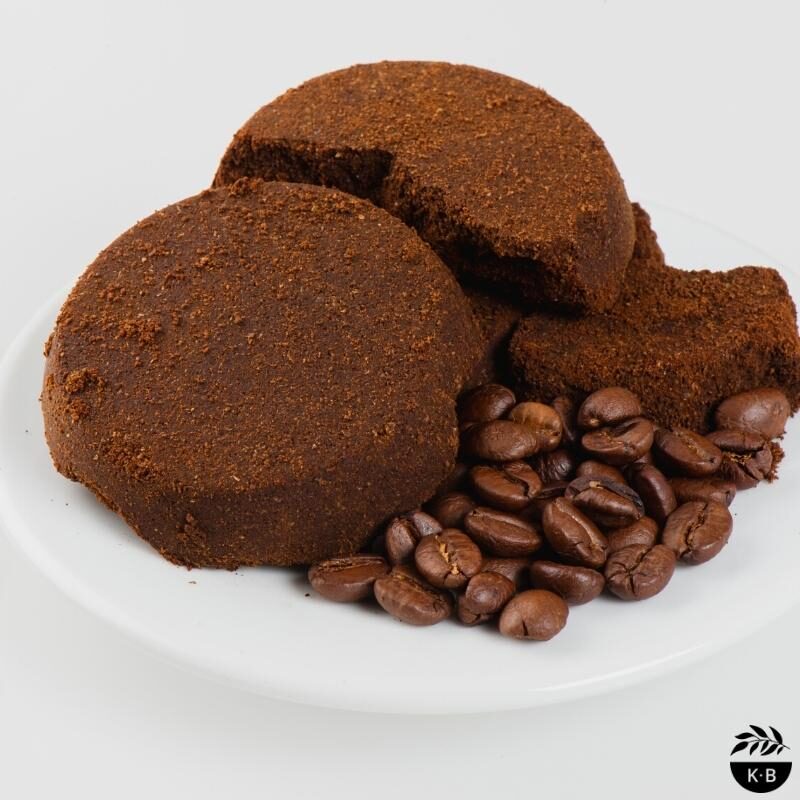



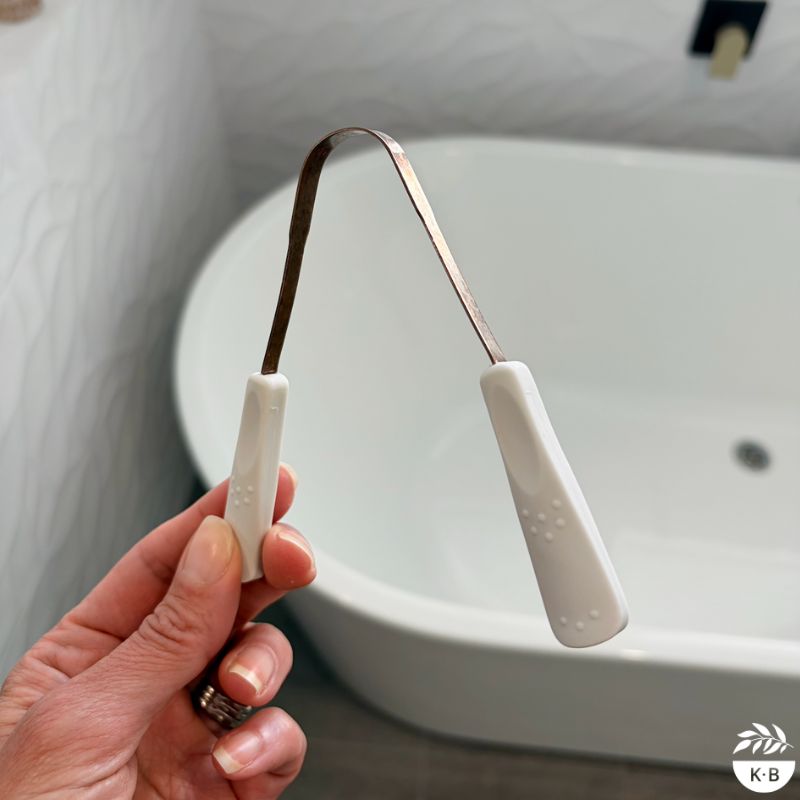
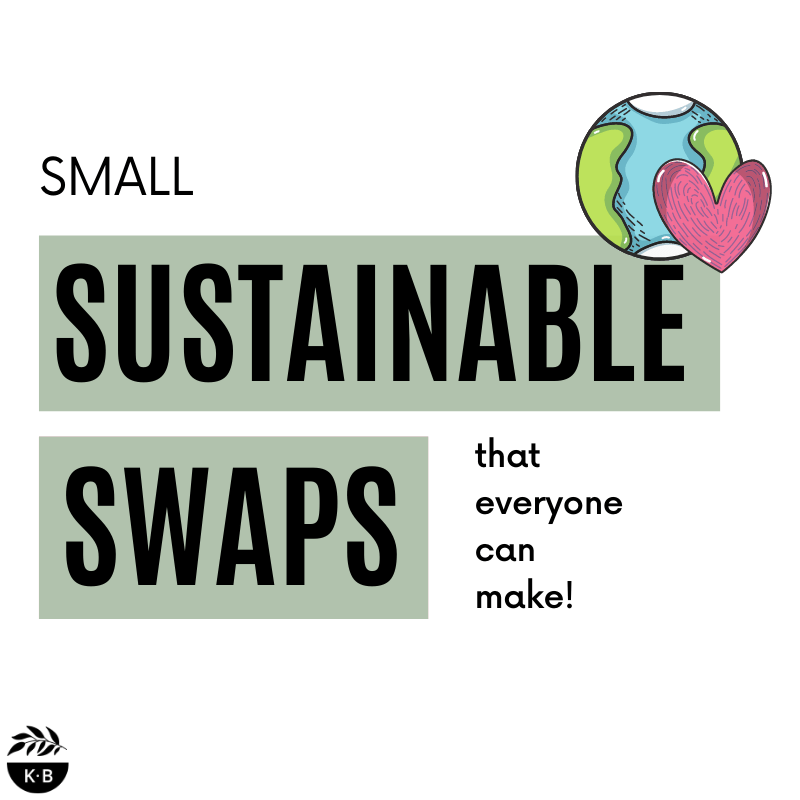
6 Comments
Thankyou for looking into septic cleaning, have been wanting to try your recipe but was not sure.
Now I’ll try it.
Also the bicarb to stop the smell in summer. Thankyou
Since I have swapped from commercial toilet cleaners to your one I have had more green frogs in and around the house. I have also had to remove many of them from the toilet and from what I have been told is that frogs will only stay in a environment suitable for them.
So many people are amazed when I tell them I don’t use chemicals for cleaning. I love your books and I’m often trying to find the time to make more products out of your books
That is absolutely WONDERFUL!! We used to get green frogs in our house when we lived in Nth QLD – so special (and noisy if you touch them!).
Hi Krissy, I appreciate this post as I have a biocycle and it’s been on my mind as to what ingredients are safe to use. Wondering if you got info regarding the essential oils such as clove and tea tree as recommended in your toilet and shower cleaning recipe, and if they’re OK for these systems too? Many thanks 😊
Hi Rachel. I don’t have any experience with this type of system but I imagine it is quite the same as septic in that a small amount shouldn’t harm the process (especially when you consider what is in some of the commercial stuff that is often recommended). You could leave the oils out though, the recipe will still be effective. If in doubt, I’d contact the company directly (and if you do, please feel free to report back!).
Our septic use to smell around October when it started getting hot an old friend said to put bicarb down all the drains once a month that’s what they did when I started doing that it stopped smelling.